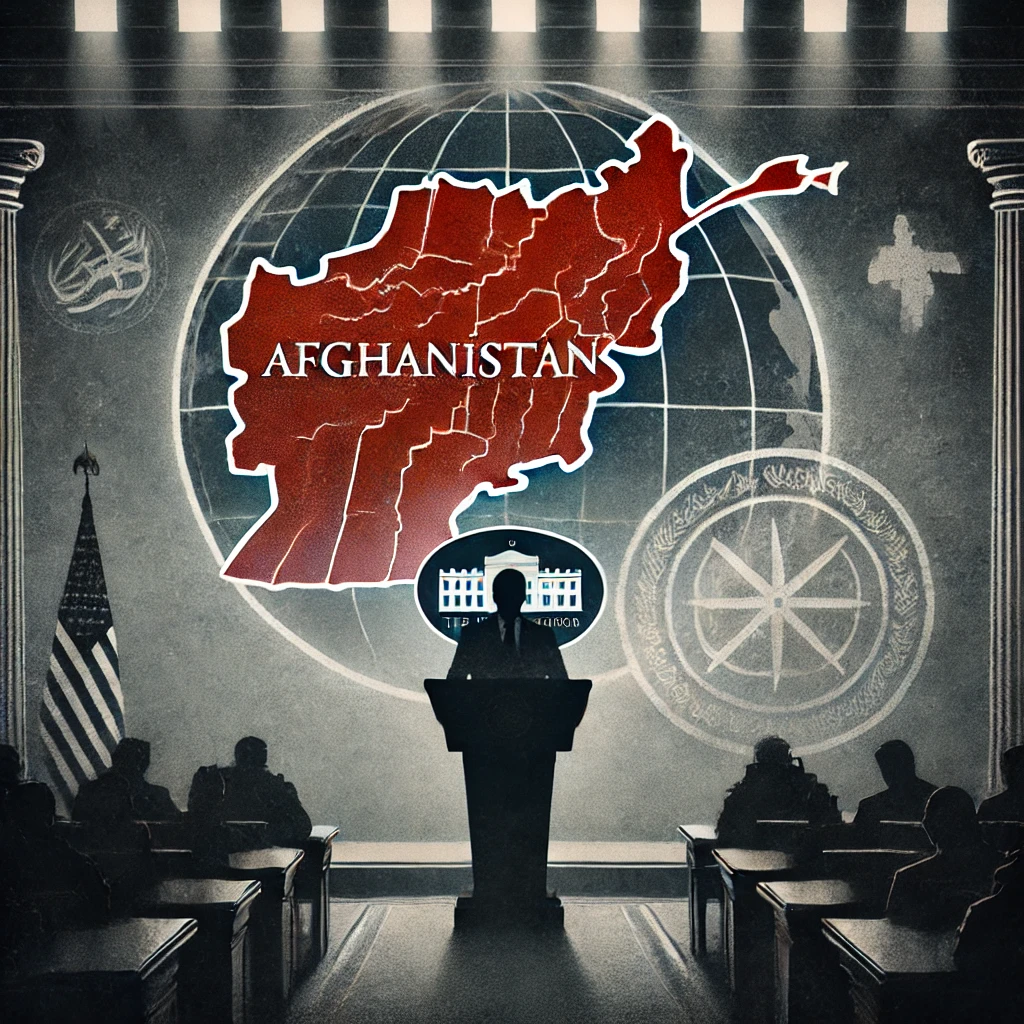The White House has expressed serious concerns about ISKP (Islamic State Khorasan Province) and its increasing ability to target the Taliban, particularly their leadership. This statement highlights the shifting security landscape in Afghanistan and emphasizes ISKP’s growing role as a critical issue in global politics.
The recent assassination of Khalid Haqqani has drawn widespread international condemnation, serving as a stark reminder of Afghanistan’s fragile security situation. This high-profile attack has underscored the urgent need to address escalating threats and has reignited global attention on Afghanistan’s evolving challenges.
For years, Pakistan and other neighboring countries have issued warnings about the threats posed by extremist groups such as ISKP, TTP (Tehrik-i-Taliban Pakistan), and AQ (Al-Qaeda). These groups, while often operating independently, have occasionally collaborated, creating significant challenges for Afghanistan and its neighbors, especially Pakistan. Their activities not only threaten Afghanistan’s stability but also jeopardize peace and security across the broader region.
The White House has cautioned that Afghanistan risks becoming a central hub for extremist groups, which could have far-reaching consequences for regional and global stability. This aligns with the concerns of many nations regarding the cross-border impacts of militant networks operating from Afghanistan.
ISKP’s actions place immense pressure on Afghanistan’s leadership to respond decisively to these threats. The group’s growing capability to strike high-profile targets demonstrates its potential to destabilize not just Afghanistan but also its surrounding regions. This underscores the urgency for coordinated efforts to mitigate these threats.
The White House’s statement emphasizes that preventing Afghanistan from becoming a breeding ground for extremist organizations is critical to ensuring peace and security. The international community must work together to address these shared challenges and promote regional stability.
These developments highlight the importance of collaboration among nations to tackle the dangers posed by extremist groups. Only through cooperative efforts can Afghanistan and the broader region achieve sustainable peace and protect global security.


